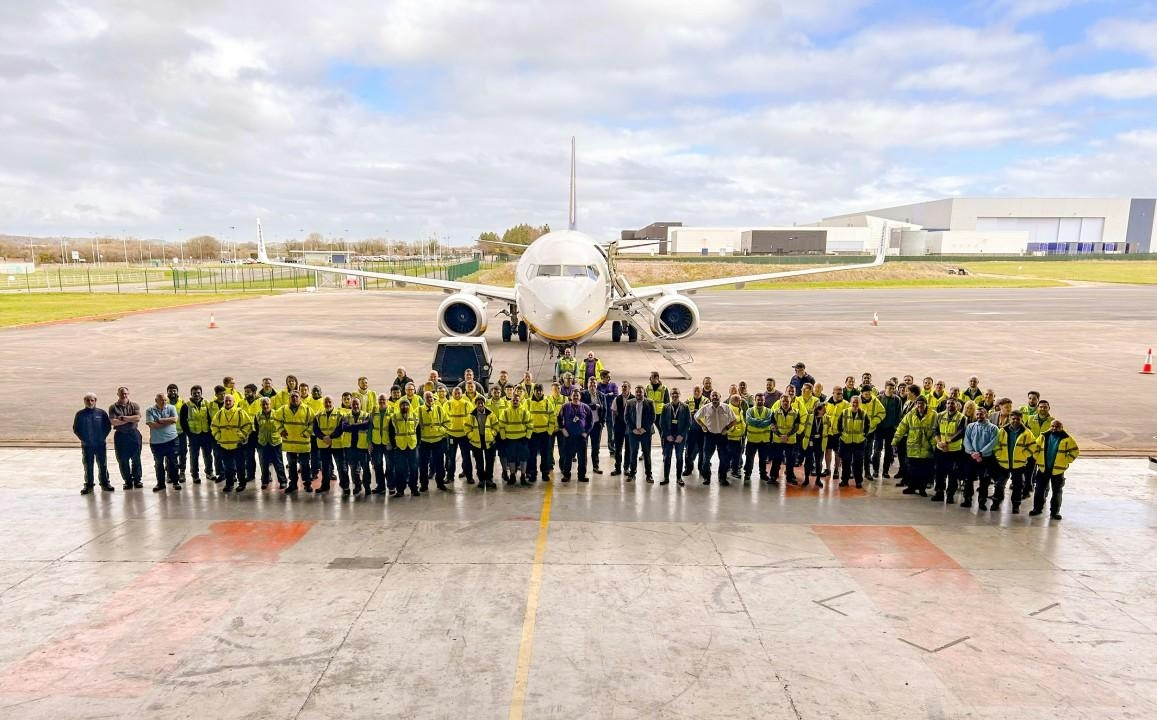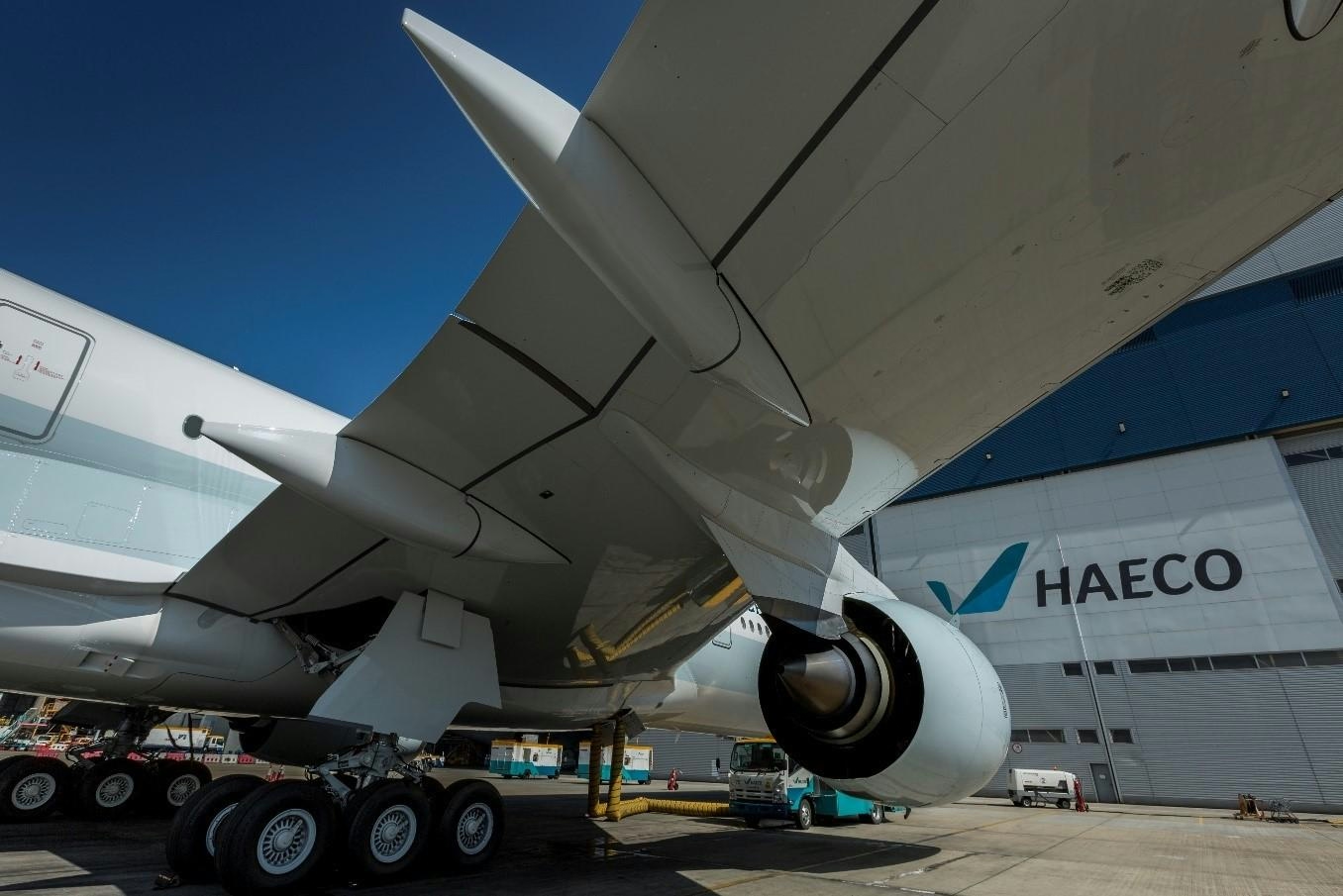AeroGenie — Seu Copiloto Inteligente.
Tendências
Categories
FAA Defends Boeing Switches as South Korea Orders Safety Checks—But Investors Rally Despite Turbulence

FAA Defends Boeing Fuel Switches as South Korea Orders Safety Inspections
The U.S. Federal Aviation Administration (FAA) has publicly defended the safety of Boeing aircraft fuel shutoff switches amid increased international scrutiny following a devastating Air India crash near Patna on June 12, which claimed 260 lives. This tragedy has reignited global concerns regarding Boeing’s safety protocols and prompted regulatory actions in several countries.
Investigation into Fuel Switches
India’s Aircraft Accident Investigation Bureau (AAIB) has identified the fuel shutoff switches on the aircraft as a potential factor in the crash. Preliminary findings indicate that these switches may have inadvertently shifted from the ‘run’ position to ‘cut-off’ during takeoff, possibly causing a sudden loss of engine power. Boeing had issued a service bulletin in 2018 addressing this component, but it remains uncertain whether the affected aircraft had undergone the recommended updates. This ambiguity has raised questions about compliance and the safety of other Boeing aircraft still in operation worldwide.
South Korea’s Precautionary Measures
In response to the incident, South Korea’s Ministry of Land, Infrastructure and Transport has mandated comprehensive inspections of all Boeing aircraft operated by national carriers, including Korean Air and Asiana Airlines. Unlike previous measures that focused primarily on the 787 Dreamliner, this directive encompasses the entire Boeing fleet within the country. Although no similar incidents have been reported domestically, South Korean officials have emphasized that the inspections are precautionary, reflecting a broader regulatory trend toward proactive safety oversight.
FAA and Boeing Reassurances
Despite the ongoing investigation, both the FAA and Boeing have maintained that the current design of the fuel shutoff switches does not present an immediate safety risk. The FAA’s internal Continued Airworthiness Notification affirmed that the fuel switch locks are safe and do not justify grounding aircraft or mandating repairs at this time. However, the agency has indicated that it may revise its guidance based on the final findings of the Indian investigation. Boeing has pledged full cooperation with investigators and is conducting its own review of the switch mechanism as part of its quality assurance processes.
Market Response and Investor Confidence
In the wake of these developments, Boeing’s stock experienced a brief decline in late June but subsequently rebounded, supported by the FAA’s reassurances and the absence of immediate regulatory action. Market analysts acknowledge that while investor confidence remains relatively steady, uncertainty persists. Should the investigation confirm a design flaw, Boeing could face significant reputational and financial repercussions, compounding challenges from the earlier 737 MAX crisis.
Ongoing Investigations and Future Implications
The AAIB continues its investigation with assistance from the U.S. National Transportation Safety Board (NTSB) and other international aviation authorities. A final report is anticipated later this year and may influence future FAA directives and global regulatory policies. Meanwhile, other aviation regulators are expected to consider similar inspections and may press Boeing for enhanced transparency and proactive safety measures.
As the investigation progresses, the aviation industry faces a delicate balance between regulatory vigilance and maintaining market confidence, highlighting the critical importance of safety and corporate accountability on a global scale.

American Airlines donates APU to AIM Chicago for student training

Steer Appointed Base Maintenance Manager at Caerdav

New Il-96 Wide-Body Aircraft Built in Russia; Customer Remains Undisclosed

SESAR JU and Canary Islands Sign Agreement to Advance Air Traffic Management

Contaminated Fuel Injector Causes Emergency Landing

Sahar Group Adopts Ramco Aviation Software to Support Growth

Deucalion Leases Three A330 Aircraft to Wamos Air

Acron Aviation Opens Global Headquarters in St. Petersburg, Florida

Will Uber and Joby Aviation Stocks Rise After Recent Announcements?

Ramco Systems Secures Aviation Software Contract with Sahar Group for MRO Digital Transformation
